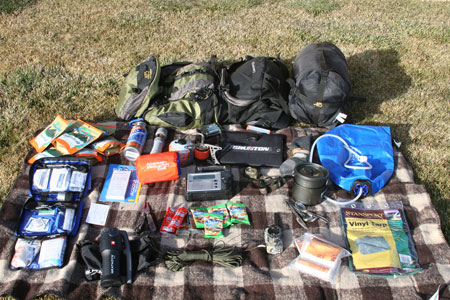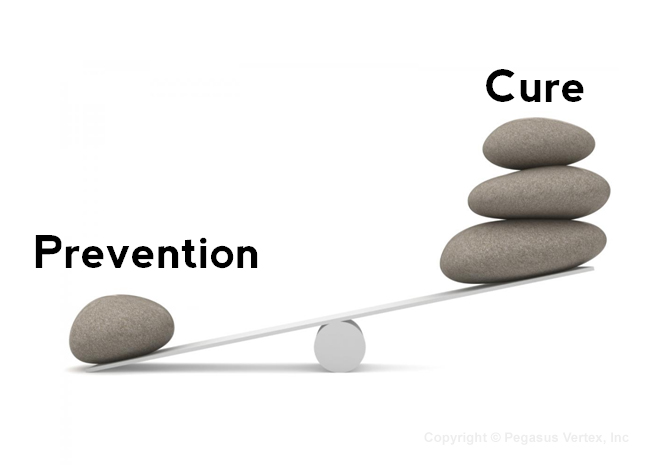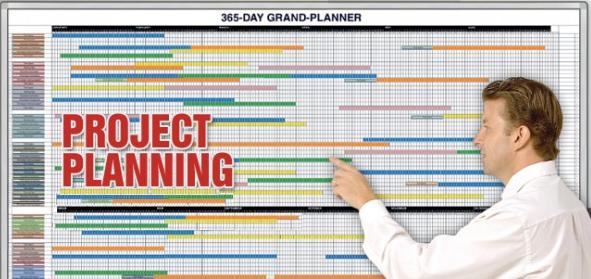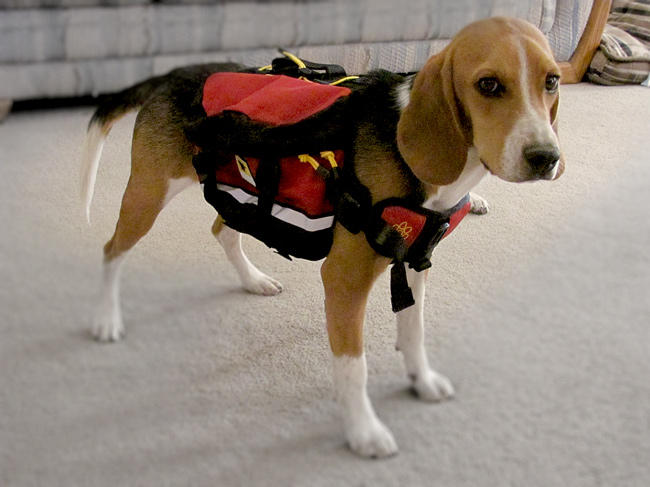A Holistic Approach to Packing a 72-Hour Bug Out Bag- Part 1, by C.T.
A 72-hour Bug Out Bag (a.k.a. Get Out Of Dodge bag) is a pack filled with the necessary items to sustain you while you walk from an unsafe location to a safe location. Usually the scenario is that “home” is no longer safe and you need to go to some predetermined “bug out” spot. This could be either a friend’s or relative’s house, a family cabin, or a government shelter. Basically, you are going on a hiking trip with an expected start and end point on a pre-planned route during what will most likely be a time of great personal …









